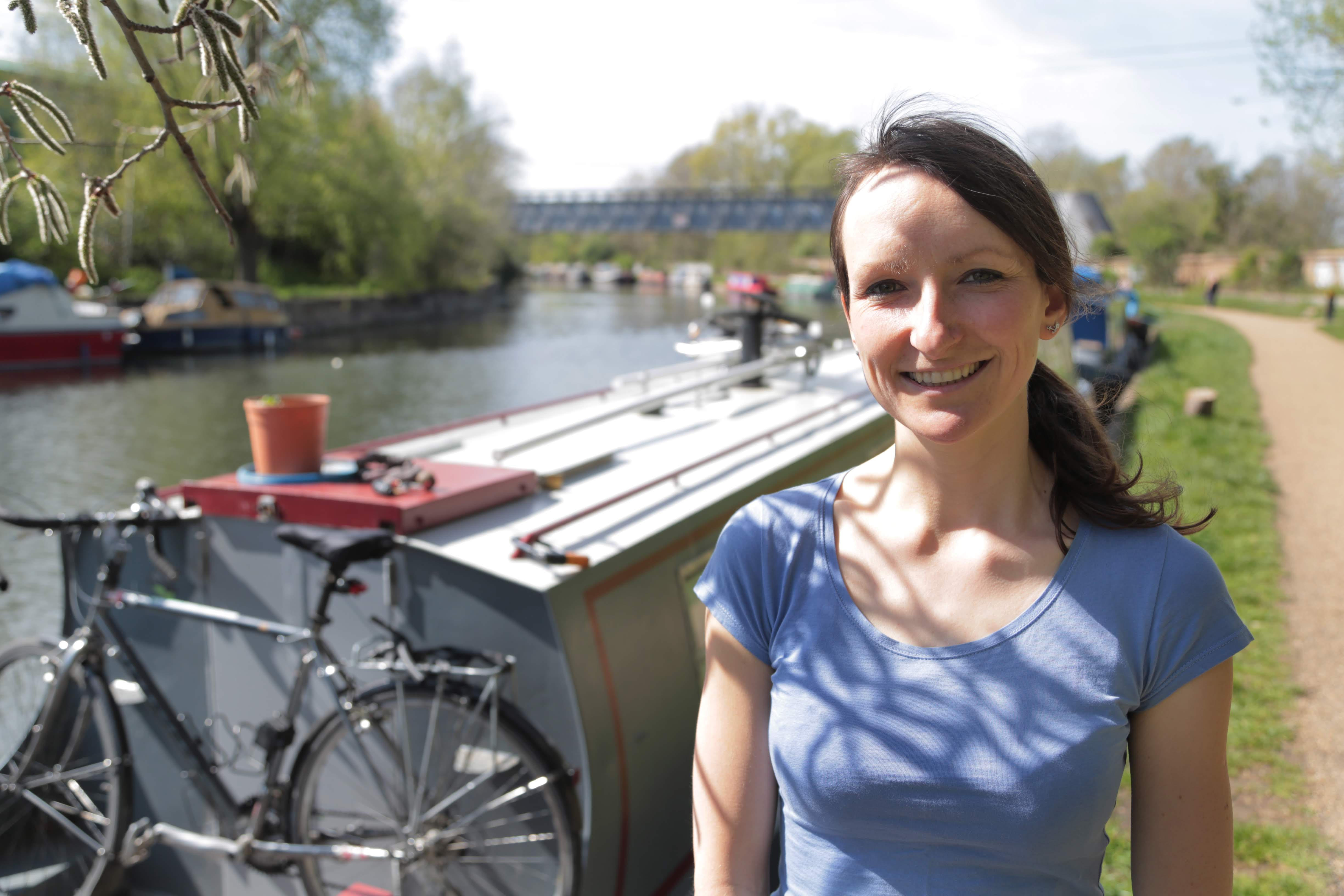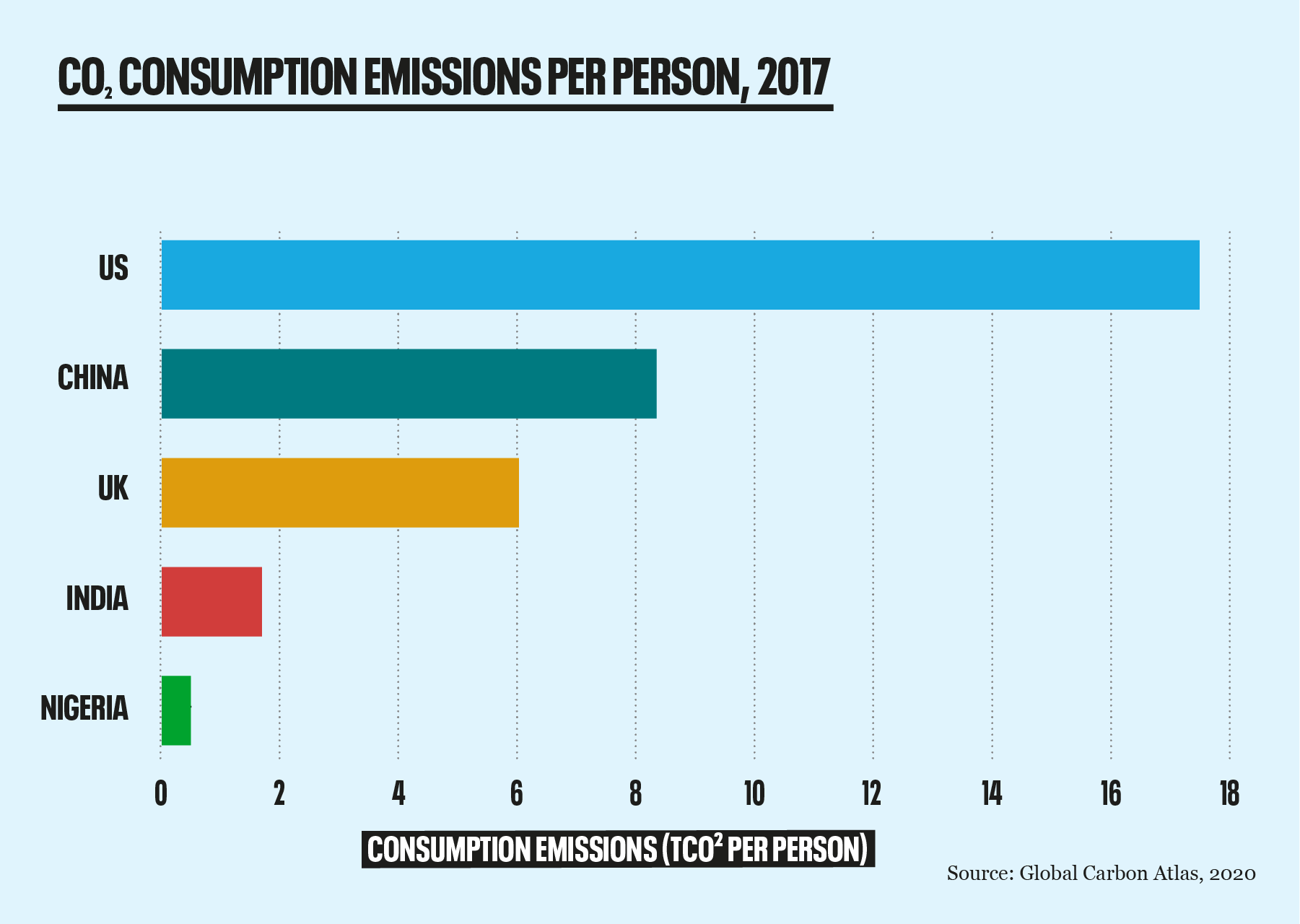
Population must play a role in the climate conversation
London Climate Action Week is an annual event that brings together climate professionals and communities. This year, the events have moved online and mark the 5th anniversary of the Paris Climate Agreement. Unfortunately, we are far off-track from its goal of limiting the global temperature rise to 1.5 degrees. Anna Hughes talks us through how population plays a role in the climate conversation.

In November 2018, the IPCC issued a report that said we had 12 years to substantially reduce our emissions if we are to avoid climate breakdown. The recommendation was that to achieve a sustainable future, our individual carbon footprints should not exceed 2.3 tonnes annually by 2050. Reaching that sustainable level is a challenge when here in the West, many of the things we typically do over the course of a year will take us above that figure: driving a car, or eating meat, or heating your home, for example.
In my role as director of Flight Free UK I encourage people to refrain from flying, an activity that is pretty much the fastest way we can bump up our carbon footprint. A short haul flight can add between 0.5 and 1 tonne of CO2 to our footprints; long-haul would add up to 3. Ultra long-haul, for example to Australia, would add 6 tonnes per passenger.
In a bid to keep my carbon footprint as low as possible I haven’t flown for over a decade. I’m vegan, I don’t buy fast fashion, and my energy comes from a solar panel. These are things I would encourage everyone to do, in order to reduce our impact upon the planet. Our carbon levels are higher than at any point in human history, and we add to it every day with our carbon-heavy lifestyles. It is vital for the survival of the human race and our natural world that we take climate breakdown seriously.
But there is one more decision that I have made to reduce my impact upon the planet. My personal choice is not to have any children.
Levels of greenhouse gases have risen steadily along with the number of people on the planet, and we cannot simply keep adding to our number and expect the planet to cope. We live on a finite world with finite resources and a finite capacity for absorbing the greenhouse gases that contribute to global heating. And while we do not know how many people our planet can sustainably support, especially if every person is to have a good quality of life, we do know that the global population level has grown alarmingly over the last century. The burden of our numbers and our lifestyles is pushing our life boat beyond its limits.
A well-quoted study from the Lund University in Sweden suggests that having a child adds 58 tonnes CO2 to your footprint. It’s a difficult number to define, given that there are so many complex factors – the carbon intensity of that child’s household, or the transport habits of their parents, for example. The environmental consequences of having more children might not be seen until our grandchildren, or even our great-grandchildren, become adults. But it’s undeniable that adding ever more people to an already over-burdened planet will only make things more difficult as we seek to bring our lives back within planetary boundaries and avoid the global heating that will lead to irreversible climate breakdown.

Many years ago I chose not to contribute to a growing population and while I don’t expect everyone to make the same choice I hope that people would choose the size of their family with the future of the planet, and their children, in mind. Our decision on family size here in the West has a far greater impact than in other parts of the world because our consumption and our emissions are so much higher. Drastically reducing our consumption and emissions is a huge part of the narrative, but we simply won’t get to where we need to be unless we also address the question of population. In simple terms, more feet equals more heat. And in avoiding climate breakdown, that should be a consideration for us all.
Anna Hughes is the director of Flight Free UK. A sustainability advocate and behaviour change specialist, she has worked in sustainable transport for over a decade. She is also a flight-free adventurer and author, and gives frequent talks and presentations on the wonder of travelling closer to home. She sits on the board of Population Matters. You can read more of her writing at annacycles.co.uk
The views expressed in guest blog posts do not necessarily reflect the opinions and position of Population Matters.

